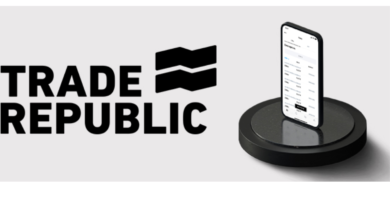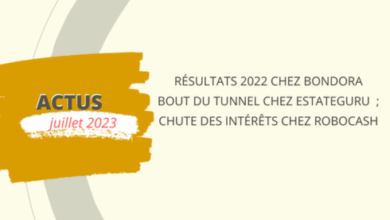Choosing Laundry Equipment Financing for Your Business

Choosing the right financing for laundry equipment is a critical decision for the growth and stability of a laundry business. With various options available, selecting the right one can streamline operations, improve cash flow, and allow you to offer top-quality service. Here’s a comprehensive guide to help you navigate the process of choosing laundry equipment financing that aligns with your business goals.
Understanding Laundry Equipment Financing Options
There are multiple Laundry Equipment Financing solutions available, each designed to suit different business needs. Some options include:
– Equipment Leasing
Leasing is often preferred by newer businesses or those looking to conserve capital. Instead of an upfront purchase, leasing allows you to pay monthly installments for using the equipment over a specified term. Some leases include the option to buy at the end of the lease, while others may involve equipment return or lease renewal.
– Equipment Loans
With a loan, you own the equipment outright from the start. Equipment loans often have fixed interest rates, set monthly payments, and terms that range from a few months to several years. This option is beneficial if long-term ownership and equity in the equipment are a priority for your business.
– Vendor Financing
Some laundry equipment vendors offer in-house financing solutions or partnerships with financing companies. Vendor financing can be convenient, as it’s often bundled with the equipment purchase. This option can be advantageous for those seeking a streamlined application process with a focus on laundry-specific solutions.
Evaluating Your Business Needs
Before choosing a financing option, consider your current business needs and goals. If your primary objective is to reduce startup costs, leasing might be beneficial, as it allows you to preserve working capital. On the other hand, if your goal is long-term ownership or building equity, a loan may be more appropriate. Evaluate factors like the equipment lifespan, anticipated volume of usage, and how quickly the equipment may become outdated, as these elements affect whether a lease or loan would better suit your business.
Calculating Total Cost of Ownership
When comparing financing options, calculate the total cost of ownership, including all fees, interest, and additional charges. Some leases may appear cost-effective initially but can become expensive with added fees, maintenance charges, or renewal costs. On the other hand, loans may offer lower overall costs, but the interest rate and terms are crucial to determining their affordability.
Look beyond the monthly payment and examine the total amount paid over the life of the lease or loan. This helps in understanding the real value of each option in terms of both cost savings and financial planning.
Working with a Specialized Lender
Working with a financing partner who understands the laundry industry can make the financing process smoother. Specialized lenders, like Finance My Laundry, offer financing tailored to the unique needs of laundry businesses. Such lenders are more likely to understand the type of equipment required, industry cycles, and specific challenges laundry businesses face. By working with a specialized lender, you may gain access to better terms, expert advice, and a streamlined application process that general financing sources may lack.
Evaluating Lease Terms and Flexibility
If you’re considering leasing, examine the flexibility and terms of the lease agreement. Some leases allow you to upgrade to newer models or different equipment during the lease term, which can be useful for businesses in dynamic markets or areas with high customer demand. A flexible lease that includes upgrade options or an early exit clause might benefit a growing business needing access to newer, more efficient equipment over time.
Preparing Your Financials for Financing Approval
For equipment financing approval, prepare and review your business’s financial statements, credit score, and any necessary documents that demonstrate stability and revenue potential. Lenders may request income statements, tax returns, and cash flow statements as part of their due diligence. Having well-prepared financials demonstrates reliability, which may help you negotiate favorable terms, secure higher financing amounts, or qualify for lower interest rates.




